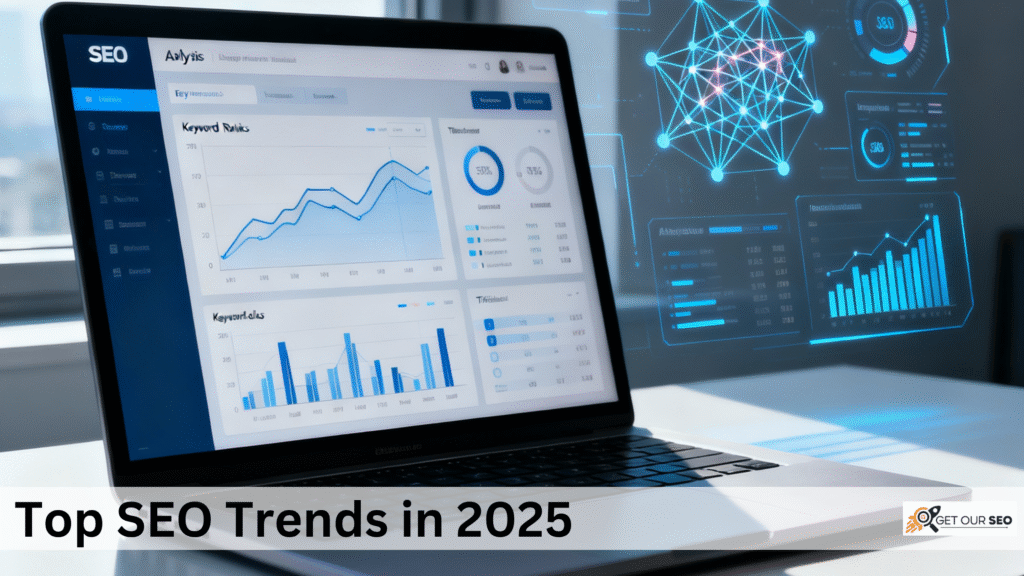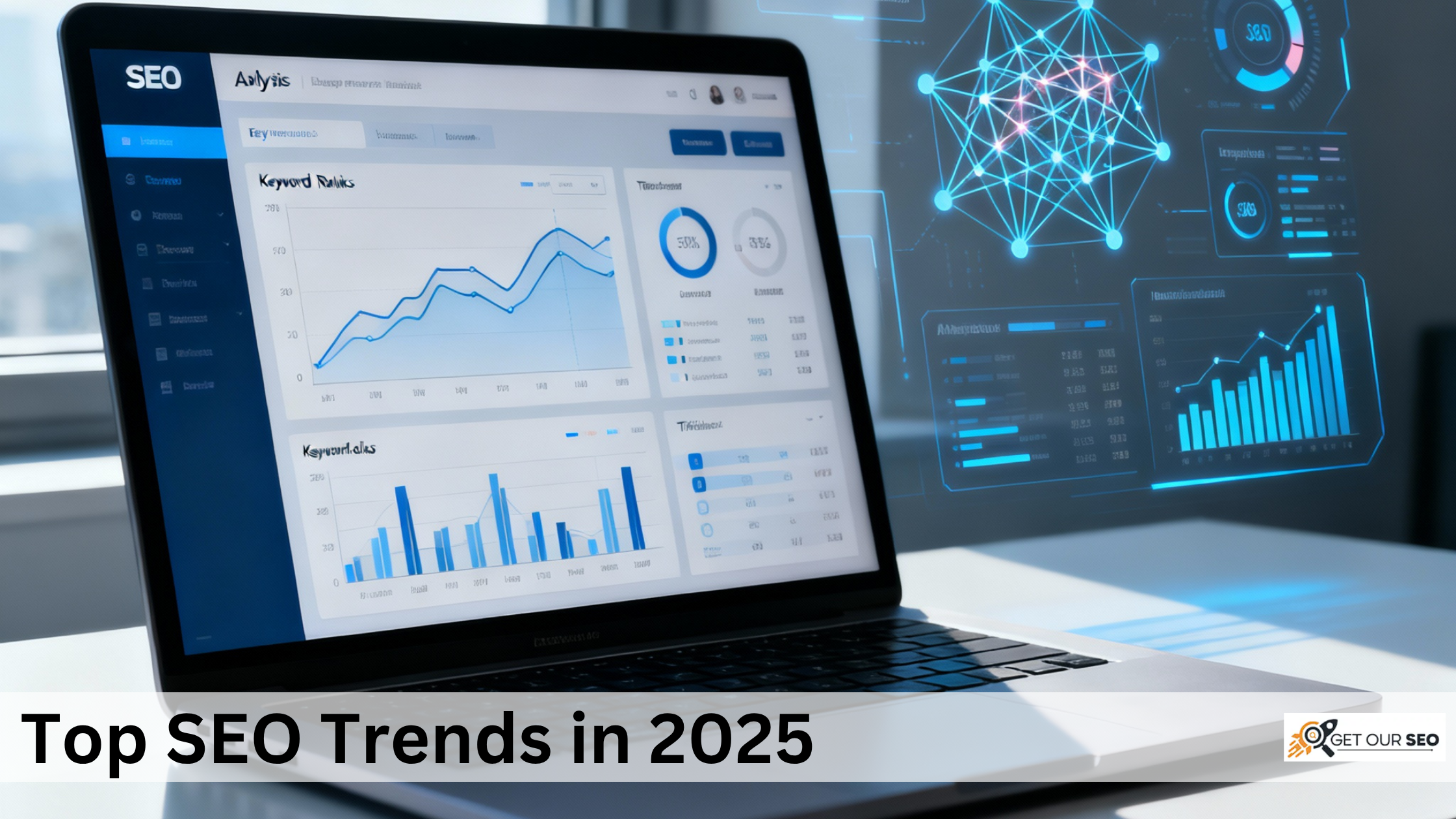How to Future-Proof Your Digital Strategy
In 2025, search engine optimization is evolving faster than ever. With AI-driven search, Google’s June 2025 algorithm update, and new user behaviors transforming how people find information online, staying ahead requires more than just keywords — it demands strategy, adaptability, and innovation.

The Rise of AI and Semantic Search
Artificial Intelligence is now embedded in almost every part of search engine algorithms. Google’s AI Overviews (AIO) appear in nearly 20% of searches, making it crucial to craft content that aligns with user intent instead of keyword stuffing. Smart SEO in 2025 means leveraging natural language processing (NLP) and using entity-based optimization to help Google understand the depth and authority of your content.
Google’s June 2025 Core Algorithm Update
The June 2025 update focuses on Expertise, Authoritativeness, and Trustworthiness (E‑A‑T). Websites with authentic, helpful, and authoritative content are seeing better rankings, while thin or AI‑generated spammy pages are losing visibility. Additionally, mobile‑first indexing and user experience signals (page speed, interactivity, and CTR) are becoming major ranking factors.
Content + Technical SEO: The Winning Combination
Gone are the days of choosing between content and technical optimization — the new era demands both. High-quality articles backed by structured data, optimized images, and schema markup help Google interpret pages more effectively. Regularly updating old posts and improving technical health metrics like Core Web Vitals can significantly boost organic traffic.
Search Diversification: Beyond Google
Emerging platforms like Perplexity AI, Claude, and ChatGPT’s integrated search are changing how users discover information. Brands focusing only on Google risk missing new search channels. Building authority across multiple ecosystems — including voice, video, and social platforms — is the new SEO frontier.
Key Action Steps for 2025
- Use long‑tail, conversational keywords targeting user intent.
- Publish original, data‑backed content twice per week.
- Incorporate structured data and ensure full mobile optimization.
- Build backlinks through E‑A‑T collaborations (experts, influencers, and niche communities).
- Track AI platform visibility along with traditional SEO metrics.
Final Thoughts
2025 marks a turning point in digital marketing. SEO is no longer just about ranking — it’s about creating trustworthy, human-centered, and AI‑optimized content that resonates across all discovery platforms. Businesses that invest today in advanced content strategies and authentic authority building will stay well ahead of competitors in 2026.
Frequently Asked Questions About SEO in 2025
1. Is SEO still important in 2025?
Yes, SEO is more crucial than ever. As over 68% of online experiences start with a search engine, strong SEO is key for visibility, organic traffic, and building trust with your target audience. Without a solid SEO foundation, even well-designed websites remain hidden from potential customers.
2. What’s the biggest Google update affecting SEO in 2025?
The June 2025 Core Algorithm Update emphasized E‑A‑T (Expertise, Authoritativeness, and Trustworthiness), as well as user experience factors like mobile-friendliness and page speed. Sites providing authentic, valuable content and a seamless mobile experience saw the most ranking improvements.
3. How can I optimize my content for AI-driven search?
Focus on natural language, user intent, and entity-based optimization. Use structured data (Schema markup), answer common questions concisely, and update older articles to ensure both traditional and AI-powered search engines can easily interpret your content.
4. What are the main types of SEO in 2025?
Five primary types: On-page SEO (content and keyword optimization), Off-page SEO (backlinks and authority building), Technical SEO (site speed, indexing, UX), Enterprise SEO (large sites), and Local SEO (location-based businesses).
5. How do I find the best keywords for my website?
Use tools like Ahrefs, SEMrush, Keywords Everywhere, or Google Keyword Planner. Analyze competitor sites, use the “People Also Ask” section in Google, and focus on long-tail conversational queries to target user intent in 2025.


